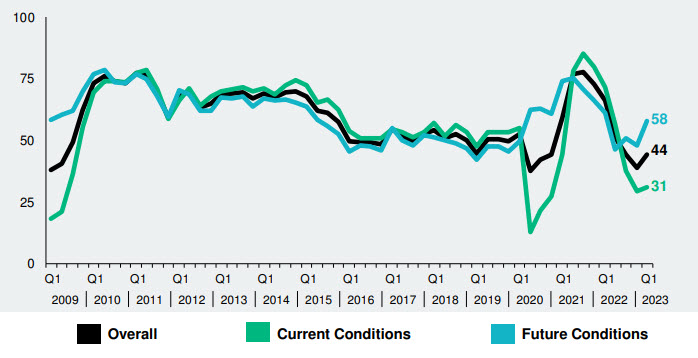 Tax provisions affecting individuals and small businesses originally enacted as part of the Tax Cuts and Jobs Act (TCJA) of 2017—along with the state and local tax (SALT) deduction cap—would be made permanent under legislation reintroduced this month by House Ways and Means Committee Vice Chairman Vern Buchanan (R-FL), above. (The Bond Buyer, Feb. 13 and Legislative Text)
Tax provisions affecting individuals and small businesses originally enacted as part of the Tax Cuts and Jobs Act (TCJA) of 2017—along with the state and local tax (SALT) deduction cap—would be made permanent under legislation reintroduced this month by House Ways and Means Committee Vice Chairman Vern Buchanan (R-FL), above. (The Bond Buyer, Feb. 13 and Legislative Text)
The TCJA Permanency Act
- Buchanan’s bill (H.R.976) includes a Roundtable-supported provision to make permanent the 20 percent deduction for qualified pass-through business income (Section 199A). The legislation would also permanently lower tax rates for individuals and families and maintain the higher standard deduction.
- There are currently 83 co-sponsors of The TCJA Permanency Act. Buchanan has led five of the six Ways and Means Subcommittees and currently sits on the Joint Committee on Taxation, a small group of the most senior tax policy writers in Congress. (Buchanan news release, Feb. 13)
- Without Congressional action, 23 different provisions of the 2017 Republican tax law are set to expire after 2025, including the SALT deduction cap. Buchanan originally filed legislation to make the TCJA cuts permanent last September during the Democratic-controlled 117th Congress.
- Buchanan stated that funding for the Federal Aviation Administration could be a legislative vehicle to attach the TCJA bill, since no major standalone tax bills are expected this year. (BGov, Feb. 23)
SALT Caucus Relaunched

- More than 20 members of the House relaunched the SALT Caucus this month as part of their push to repeal the $10,000 cap limit on the federal deduction for state and local taxes. (News conference video, Feb. 8 and Tax Notes, Feb. 9)
- The cap is scheduled to sunset after 2025, but SALT caucus members want relief sooner while pledging to fight attempts to extend the cap. (Rep. Gottheimer news release, Feb. 9)
- “I like the odds of having a bunch of new Republicans from states that need to restore SALT,” said SALT Caucus Co-Chair Josh Gottheimer (D-NJ). “So if you want to talk, this is the caucus to talk to to get this done, to restore SALT and make life more affordable.” (Roll Call, Feb. 8)
More than 30 states and local jurisdictions have enacted a SALT workaround for pass-through businesses, S-corporations, and some LLCs. (CNBC video Feb. 13)
# # #











 This week, commercial real estate was a prominent focus of the Federal Reserve’s quarterly senior loan officer opinion survey and announcement about the hypothetical scenarios that 23 banks will be stress-tested against in 2023. (
This week, commercial real estate was a prominent focus of the Federal Reserve’s quarterly senior loan officer opinion survey and announcement about the hypothetical scenarios that 23 banks will be stress-tested against in 2023. (


